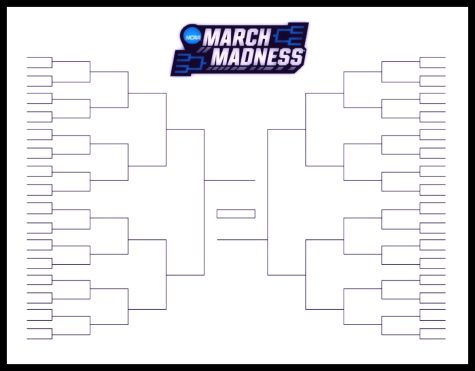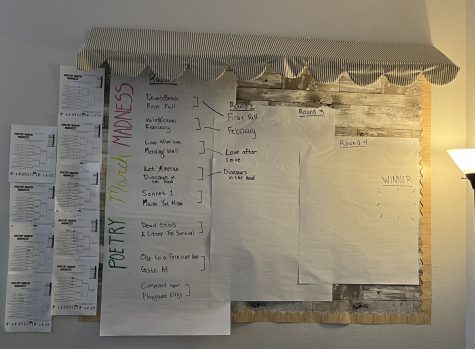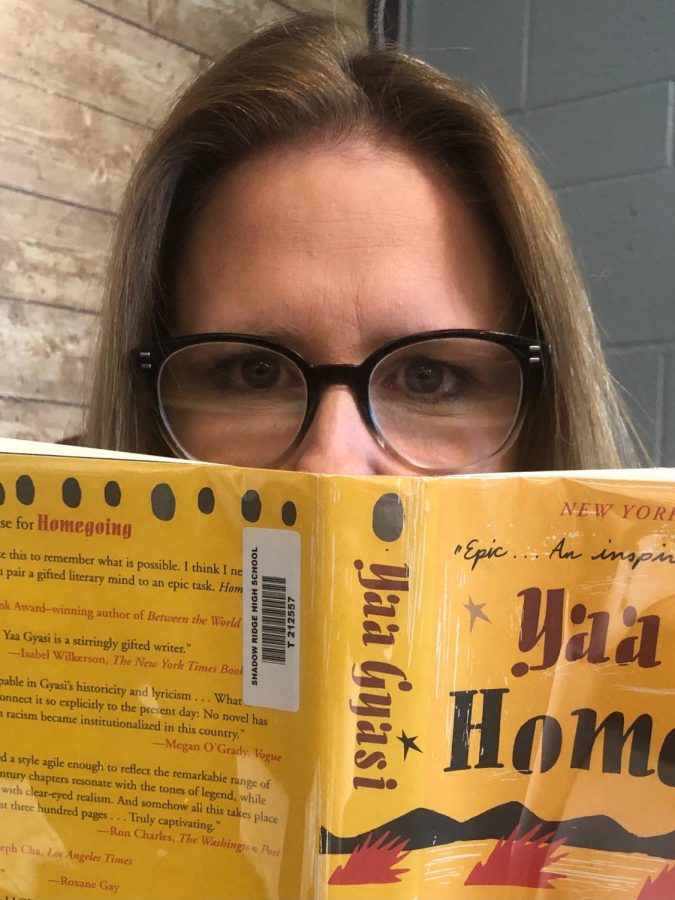Poetry March Madness
March 4, 2023
March Madness is a single-elimination tournament that takes place within the NCAA for Men’s Basketball. They compete in brackets to find out the national champion of the 2022-2023 season.

Jessica Anderson is the AP Literature and Composition teacher at the Ridge. While it is still her first year at Shadow, Anderson’s teaching style already has an amazing impact on students. An example of this style is how she has taken the idea of March Madness and put a poetic twist on it.
“Students start at sixteen poems,” she explains. “They analyze each poem and using a certain set of criteria, they decide which one is the best– just like how basketball teams move onto the next round if they win the most points.”

The premise of the activity is to keep students engaged while reading poems. It is often a unit that students struggle to pay attention to. They begin deep analyses and answer questions that are deemed as thought-provoking even as students know it feels like busywork. Interpreting poems and finding a direct meaning are often difficult for students as well.
Poetry March Madness allows for conversation and a constant clash of opinions on some topics. Those clashes lead to an in-depth discussion with a boundary of respect being set continuously.
“I hope that students will have a deeper understanding of the poems because they are going to be exposed to them multiple times,” Anderson tells. “Each time will be a deeper and deeper analysis than the round before. And again, it is a more interesting way for students to get through that lengthy process of analysis.”
Poetry March Madness does not stop inside the classroom. Many staff members have been filling out their own brackets to see what the winning poem may be. With this curiosity and engagement on a schoolwide level, Anderson can see its concept moving to other English classes as a way to get everyone involved.
So far, there have been many passionate votes in the classroom. Friendly debates and a new look into the minds of others have been welcomed on the stage as students discuss.
“It’s cool to talk out loud about all of the poetry and see other people’s perspectives so I can appreciate them in a new way,” Violet Flanagan, an AP Literature and Composition student, tells.








Shipp • Mar 8, 2023 at 7:49 pm
This is such a cool article that spotlights a fun activity! I completed my poetry bracket!I am sure I am going to win!